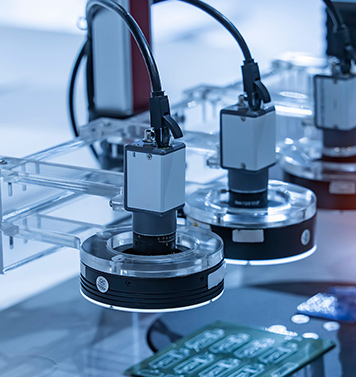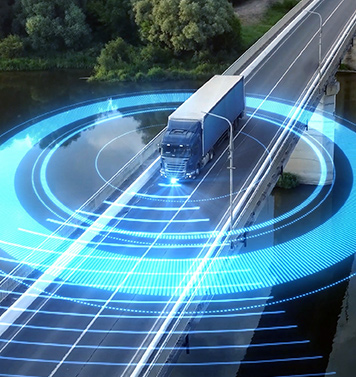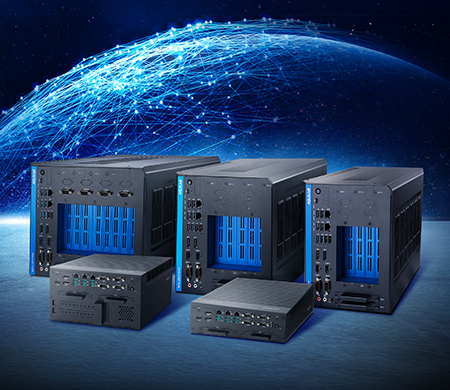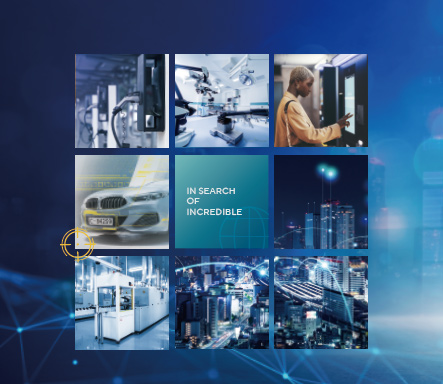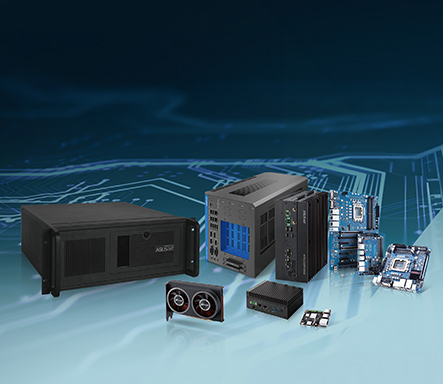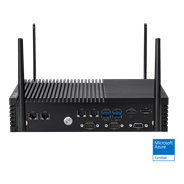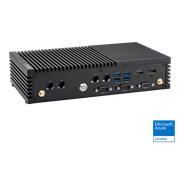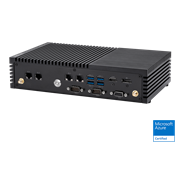PE8000G
Rugged edge AI GPU computer supporting up to dual 450W GPU card with 14th /13th/ 12th Gen Intel® Core™ processor embedded
- Supports up to dual 450 W GPU card, and ready for real-time AI inferencing at the edge
- 14th /13th/12th Gen Intel® Core™ CPU 35W/65W CPU, Intel® R680E Chipset
- Up to 64GB ECC/ non-ECC DDR5 4800 SDRAM
- Military-grade (MIL-STD-810H) durability, and exceptional thermal design ensuring reliable operation under -20°C to 60°C
- Wide range DC-in (8-48V), built-in ignition power control and power monitoring
ASUS IoT PE8000G is a powerful edge AI computer that supports multiple GPU cards for high performance – and expertly engineered to handle rugged conditions with resistance to extreme temperatures, vibration and variable voltage. PE8000G is powered by formidable Intel® Core™ processors (14th, 13th and 12th gen) and the Intel R680E chipset to deliver high-octane processing power and efficiency.
With its advanced architecture, PE8000G excels at running multiple neural network modules simultaneously in real-time – and represents a significant leap forward in edge AI computing. With its robust design, exceptional performance and wide range of features, PE8000G series is poised to revolutionize AI-driven applications across multiple industries, elevating edge AI computing to new heights and enabling organizations to tackle mission-critical tasks with confidence and to achieve unprecedented levels of productivity and innovation.
Dual-GPU power for seamless AI inferencing and imbued with industrial strength
PE8000G can support two graphics cards that each draw up to 450 watts, enabling redundancy, efficient high-throughput computing, seamless real-time AI inferencing and accelerated computing at the edge. In addition, PE8000G is able to handle an 8—48V DC-input range and offers built-in ignition power control and monitoring, for flexible power options in diverse deployment scenarios. Plus, it is engineered to adhere to exacting MIL-STD-810H military specifications for resistance to vibration and jolting. The fail-safe mechanism empowered by dual GPUs helps to provide accurate inference results even in challenging conditions, for reliability and confidence in AI-driven decision-making.
Optimized for computer vision and perception, and ready for the road
PE8000G is optimized for in-vehicle environments, featuring integrated ignition power control and power monitoring capabilities. It also excels in AI-driven factory automation, intelligent video analytics (IVA) and deployments in rugged environments such as roadside units (RSUs) and autonomous driving. Efficient pre-processing and perception capabilities can optimize data preparation and enhance the accuracy of AI inferencing.
With its advanced architecture, PE8000G excels at running multiple neural network modules simultaneously in real-time – and represents a significant leap forward in edge AI computing. With its robust design, exceptional performance and wide range of features, PE8000G series is poised to revolutionize AI-driven applications across multiple industries, elevating edge AI computing to new heights and enabling organizations to tackle mission-critical tasks with confidence and to achieve unprecedented levels of productivity and innovation.
Dual-GPU power for seamless AI inferencing and imbued with industrial strength
PE8000G can support two graphics cards that each draw up to 450 watts, enabling redundancy, efficient high-throughput computing, seamless real-time AI inferencing and accelerated computing at the edge. In addition, PE8000G is able to handle an 8—48V DC-input range and offers built-in ignition power control and monitoring, for flexible power options in diverse deployment scenarios. Plus, it is engineered to adhere to exacting MIL-STD-810H military specifications for resistance to vibration and jolting. The fail-safe mechanism empowered by dual GPUs helps to provide accurate inference results even in challenging conditions, for reliability and confidence in AI-driven decision-making.
Optimized for computer vision and perception, and ready for the road
PE8000G is optimized for in-vehicle environments, featuring integrated ignition power control and power monitoring capabilities. It also excels in AI-driven factory automation, intelligent video analytics (IVA) and deployments in rugged environments such as roadside units (RSUs) and autonomous driving. Efficient pre-processing and perception capabilities can optimize data preparation and enhance the accuracy of AI inferencing.
Revolutionize Computing with ASUS IoT Edge AI Computers
ASUS IoT Edge AI systems combine cutting-edge GPU computing with the potential of AIoT. These edge computers feature PCIe GPU cards from both NVIDIA® and Intel® to meet diverse market needs. Delivering unparalleled performance, ASUS IoT Edge AI systems enable real-time AI inferencing at the edge, transforming industries. Designed with a rugged, fanless, anti-vibration build, wide temperature support, and low power consumption, ASUS IoT Edge AI systems excel in demanding edge AI applications.

Latest computing platforms
Embedded with the latest Intel CPUs and NVIDIA & Intel GPUs, available in various form factors to meet market needs.
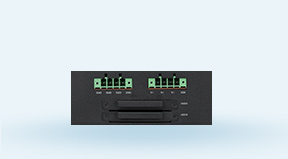
Robust power design
High-current tolerance power design ensures reliability under wide DC inputs and power-hungry GPU computing, with ignition power control for stability.
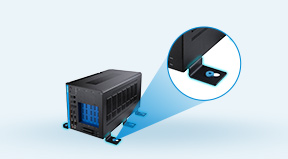
Anti-vibration design
tructured support, GPU retainer, cable screw lock, and damping bracket ensure smooth, uninterrupted operation in-vehicle and rugged environments.
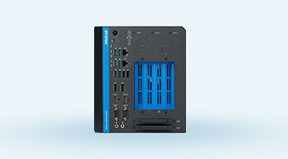
Industrial feature set and connectivity
Supports PoE, isolated DIO, multiple COM ports, CAN bus, and more for seamless application connectivity.

Certification compliance
Complies with MIL-STD 810H and offers vibration resistance up to 5 GRMS for assured reliability.

Software support
Comprehensive software support, including APIs, middleware, and device-control toolkits for easy integration across vertical applications.
Full Spectrum of Edge AI Computers
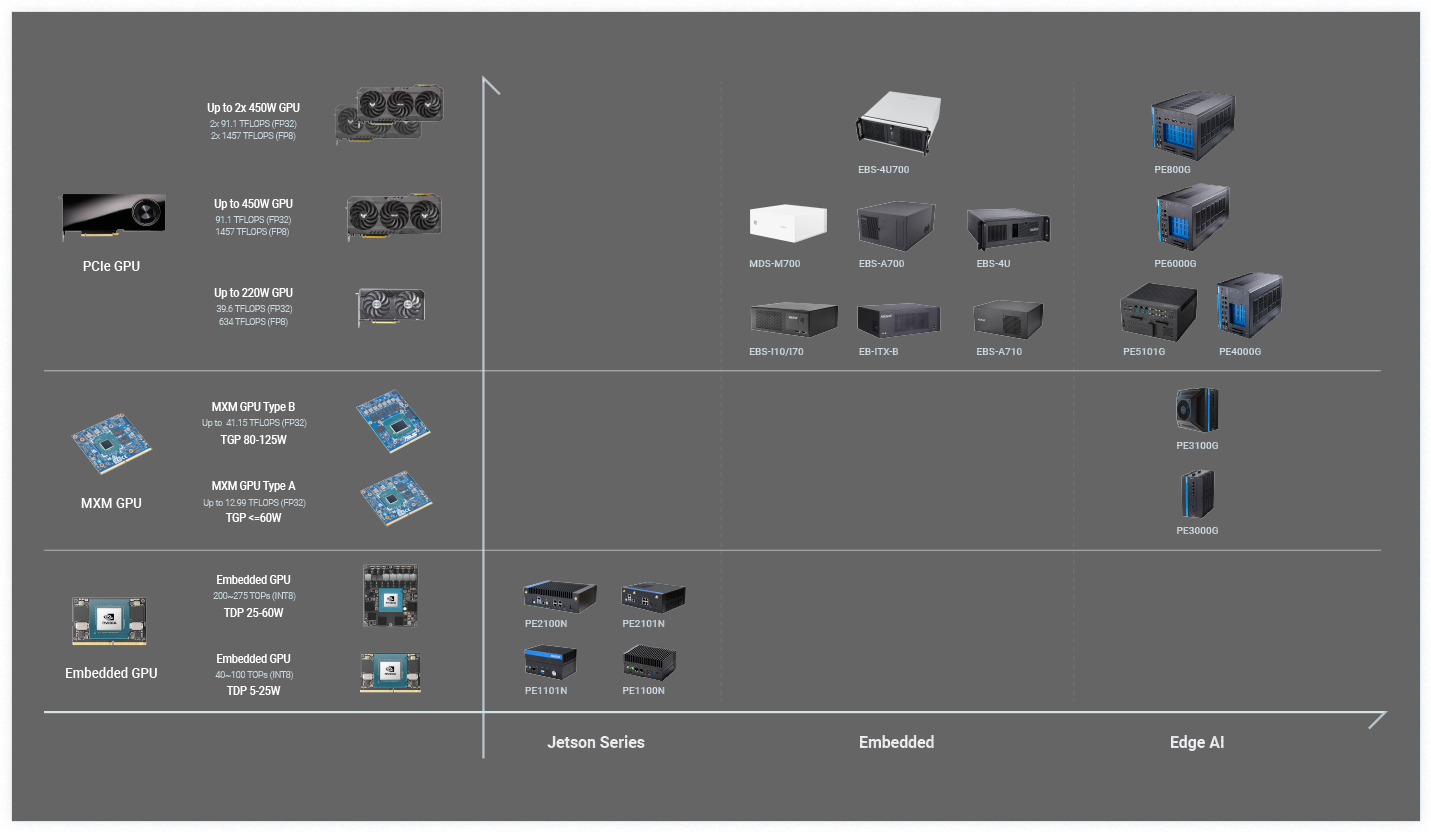

Designed for Computer Vision Applications
-
Get Engaged with us
Contact us -
Learn More About ASUS IoT
Visit Website -
Buy Now
Find a Partner
Recommend for you









